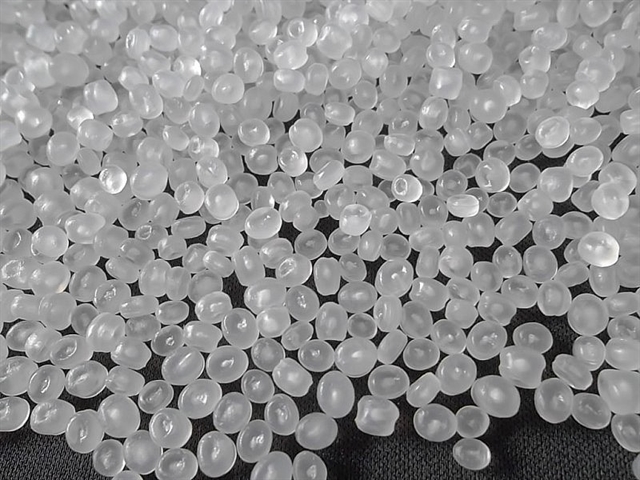The investigated goods are polypropylene copolymer classified under HS code 3902.30.90.

The Trade Remedies Authority of Việt Nam (TRAV), Ministry of Industry and Trade, said that it has just received information about the Indonesian Anti-Dumping Committee (KADI) initiating an anti-dumping investigation with polypropylene copolymer products originated or imported from South Korea, United Arab Emirates (UAE), Malaysia, Singapore and Việt Nam.
Specifically, the investigated goods is polypropylene copolymer classified under HS code 3902.30.90. The party requesting the investigation is PT Chandra Asri Petrochemical Tbk.
TRAV and KADI will issue the survey questionnaire, provide the request file (public version) and create an opportunity for the enterprise that has presented to submit information, answer the question or offer consultation.
Interested parties who have not yet presented may submit a notice of participation in the case within 14 days from the date of issuance of the notice, no later than August 27 according to Indonesian time.
The TRAV emphasised that the application of anti-dumping measures (if any) would negatively affect Vietnamese polypropylene copolymer producers and exporters, reducing their competitive advantages, leading to the risk of losing part or all of the export market to Indonesia.
Therefore, TRAV recommended that relevant manufacturing and exporting enterprises actively register to participate and co-operate fully and comprehensively with KADI during the case process.
In addition, enterprises need to carefully study the content of the notice and strictly comply with the requirements of KADI in terms of time limit, format, content of information provision and documents.
At the same time, they also need regularly exchange and provide information to TRAV for timely support.
Polypropylene copolymer is a thermoplastic material that possesses many enabling properties and is used in a wide range of applications that can be found in packaging, home appliances, auto parts, textile manufacturing and medical devices.
The chemical and moisture resistance of polypropylene copolymer has led to its frequent use in the manufacture of food containers, beverage bottles.
In addition, the textile industry uses polypropylene copolymer to create nonwovens for protective gear and filters.
Because of its biocompatibility and sterilisation, it is also commonly used in medical devices such as IV bags and syringes. — VNS





